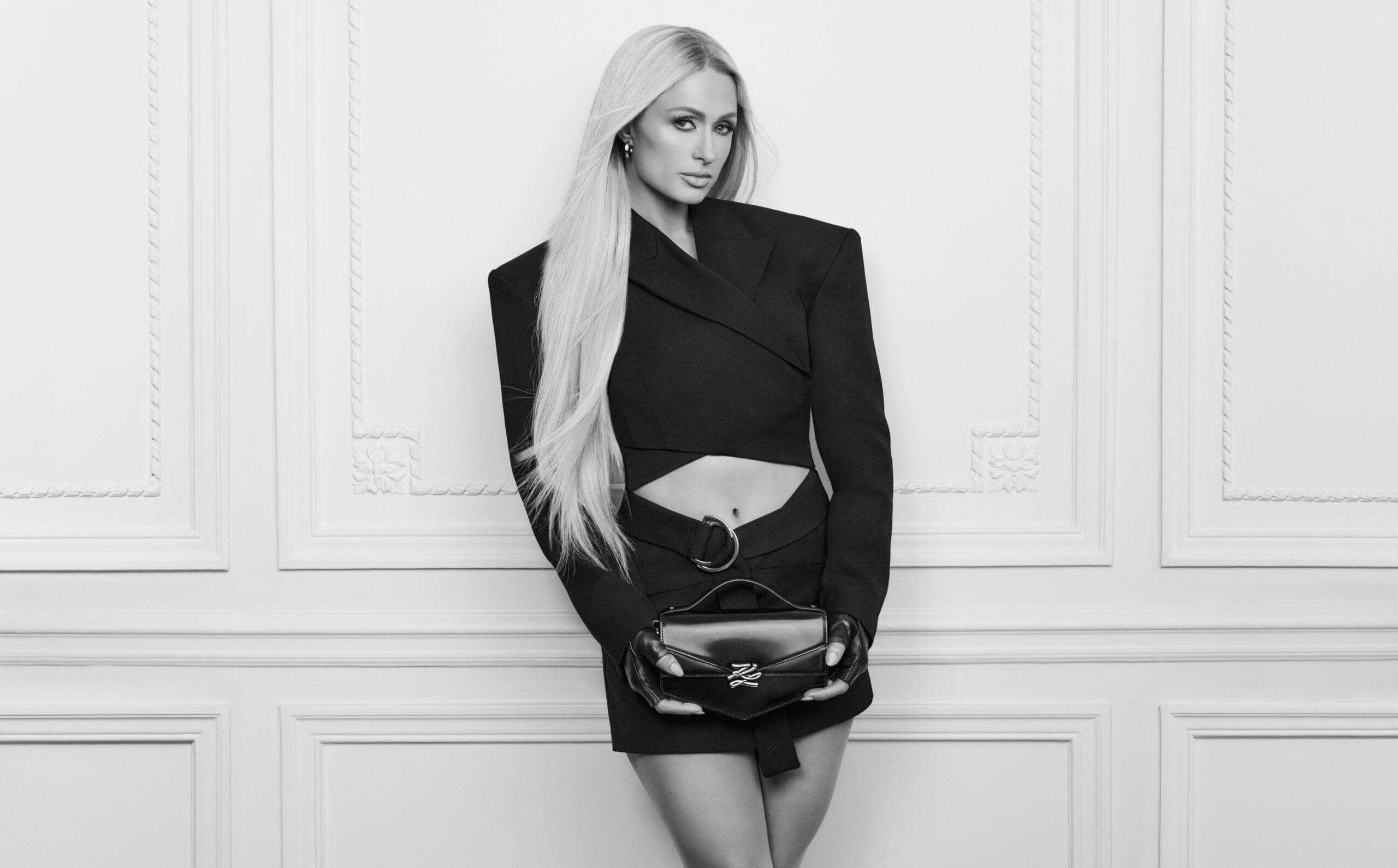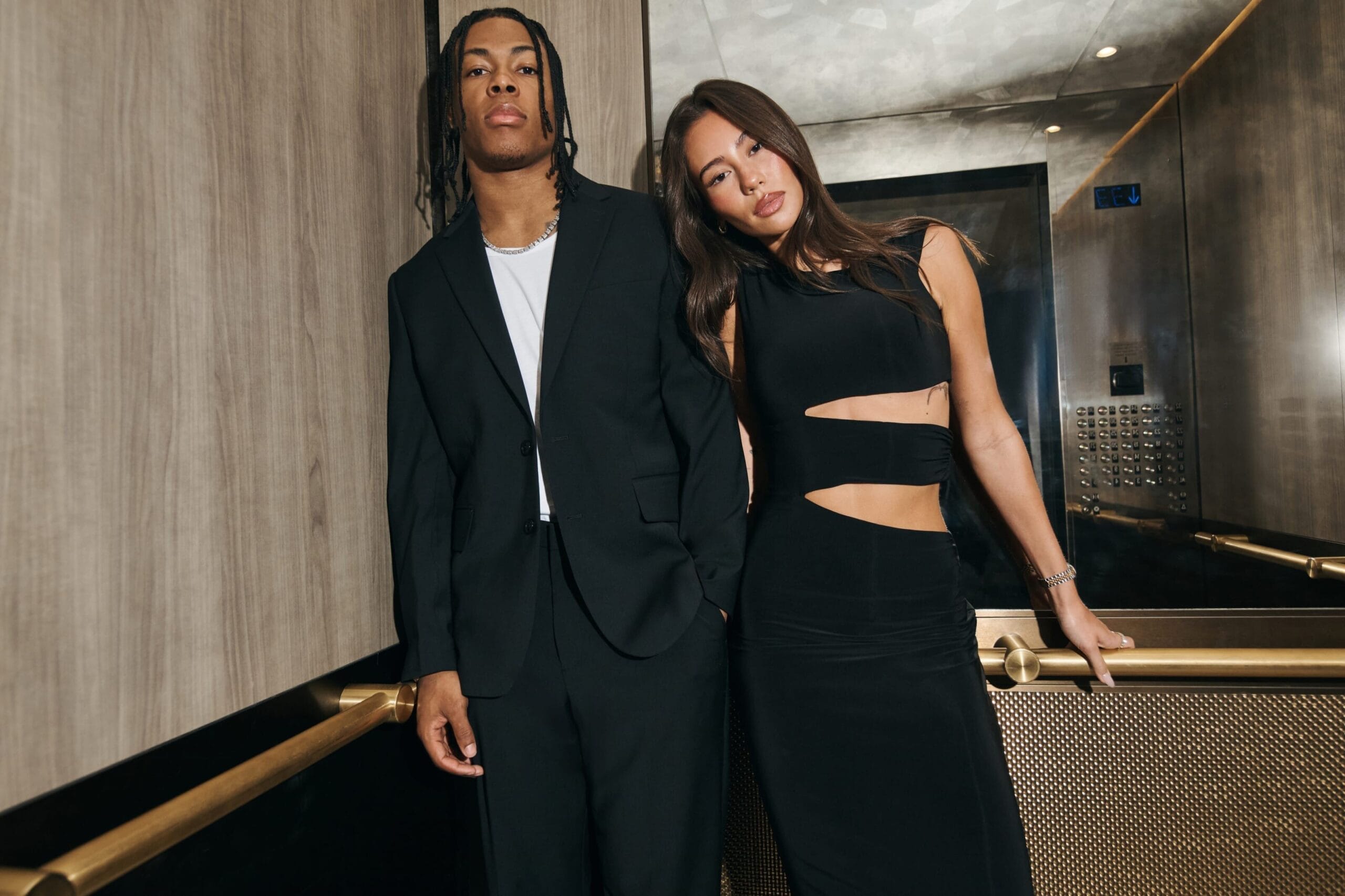Fashion’s future is being rewritten by artificial intelligence, and big investors are taking notice. The convergence of artificial intelligence and fashion is creating unprecedented opportunities in one of the world’s largest industries. While venture capitalists may not be known for their sartorial expertise, they’re demonstrating keen interest in backing start-ups that seamlessly integrate AI technology into the apparel sector.
Strong Investor Interest Despite Market Headwinds
Despite the broader venture capital market cooling from its pandemic-era peaks, AI-fashion start-ups have shown remarkable resilience. Investment in fashion-related AI startups has either risen or held steady over the past five years, with funding reaching impressive milestones. The sector has seen significant activity, with China-based Zhiyi Tech completing multiple funding rounds totaling nearly $100 million.
This steady investor enthusiasm is easy to understand when considering the massive market opportunity. Globally, consumers spend an astonishing $1.8 trillion annually on clothing, with the market continuing to grow. However, the true economic and environmental costs extend far beyond these numbers, encompassing production waste, pollution, global shipping resources, frequent returns and exchanges, and ongoing concerns about labor conditions in garment factories.
Trend Prediction: The New Crystal Ball
Among the leaders in AI-fashion innovation is Zhiyi Tech, which works with numerous Chinese apparel companies. The Xiaoshan-based startup uses sophisticated algorithms to scan the internet and social media for trending designs, then combines this data with e-commerce sales information to help brands quickly capitalize on viral trends. Zhiyi Tech has raised nearly $100 million across multiple funding rounds.
In the United States, Finesse has emerged as another major funding recipient, raising a total of $59.4 million from investors. The Los Angeles-based startup describes itself as the “first AI-led fashion house”, creating fast-fashion clothing based on social media votes, shopping data, and viral trends identified by its machine learning technology. Finesse uses data-driven methods to design and produce clothing, leveraging social media trends and consumer input to reduce waste and improve efficiency in the fashion industry.
Despite mixed reviews of its clothing, Finesse secured a $40 million Series A round led by TQ Ventures.
The fashion demand prediction space also features Syrup Tech, a New York-based company that has raised $23.8 million for its AI-driven predictive software used by fashion brands.
Design Innovation and Creative Tools
The creative side of fashion is experiencing its own AI transformation. Designers are increasingly leveraging generative AI for clothing design and creating 3D digital mockups before physical production begins. Raspberry AI is a clear example, having raised $24 million in an Andreessen Horowitz-led Series A. Their platform transforms designers’ sketches into photorealistic renderings, showing in rich detail how products will look, fit, and drape in real life.
Other notable players include startups developing AI-driven tools for virtual photoshoots and digital content creation, and BLNG, which focuses on jewelry design, applying generative AI to convert sketches or text prompts into photorealistic 3D renders.
Personalization and Discovery
Consumer discovery and personalization represent another thriving segment. Companies in this category employ machine learning to personalize recommendations, enhance product tagging, and deliver smarter shopping experiences.
Daydream stands out as a high-profile recent funding recipient, founded by e-commerce veteran Julie Bornstein, who previously founded The Yes and sold it to Pinterest. Her new venture provides personalized fashion recommendations through a chat-based interface, raising $50 million in seed funding.
Additional companies include Lily AI, which translates retailer product attributes into more consumer-friendly language, Karma for browser-based shopping tools, Hey Savi for AI fashion search, and Shoppin for prompt-based clothing discovery.
Virtual Try-Ons, Precision Fit, and Manufacturing
Finding the perfect garment is one challenge; knowing it will actually fit is another. Companies like Doji and Veesual are making virtual try-ons more accessible, while IAMBIC and Laws of Motion focus on precision-fit footwear and clothing.
On the manufacturing side, Smartex.ai installs AI and computer vision technology in textile factories to detect defects. Sustainability innovators like Matoha Instrumentation, Refiberd, and Solena Materials are using AI to enable textile recycling and engineer new biodegradable fibers.
The Future of Fashion Technology
The intersection of AI and fashion now spans trend prediction, design tools, virtual try-ons, fit, manufacturing optimization, and sustainability. As the fashion industry faces supply-chain pressures, consumer churn, and evolving online behavior, AI tools are set to remain a driving force. With technology gaining widespread investor favor, start-ups weaving AI into fashion appear poised for continued growth and innovation.
























